This post will explain phoenix framework alternatives. This post will scrutinize at ten of the most effective Phoenix Framework alternatives. Ruby on Rails, Django, Laravel, Spring, ExpressJS, and other frameworks are in the list. Backend software developers are frequently forced to choose between productivity and performance, sacrificing one for the sake of the other.
Top 10 Best Phoenix Framework Alternatives In 2022
In this article, you can know about here are the details below;
While newer frameworks attempt to mitigate disadvantages to some extent, none have come close to the Phoenix Framework’s implementation, which offers Ruby on Rails-like productivity while being one of the quickest frameworks on the market.
Phoenix is still a young framework that has yet to gain mainstream adoption, hence community support may be restricted compared to other frameworks.
In the following essay, we’ll go over what the Phoenix Framework provides to the world of software development, as well as some of the best Phoenix alternatives for developers.
How does the Phoenix Framework work?
You’ve probably heard of the Phoenix Framework if you’ve worked on anything in the Elixir programming ecosystem.
This Erlang-based web development framework is frequently utilised in the creation of fault-tolerant, low-latency, distributed contemporary web applications. It’s one of Elixir’s most well-known frameworks.
Phoenix is significantly influenced by other frameworks based on the Model-View-Controller (MVC) architecture, such as Rails and Django, and provides a major portion of what you need to build a web project out of the box, but with fewer “batteries included.”
Phoenix is currently most commonly used with LiveView, a Phoenix-based library, and Alpine.js to a lesser extent.
Phoenix Framework Benefits • Quickness
Elixir, and by extension Phoenix, are lightning fast. Elixir is a functional language with far faster reaction times than object-oriented languages such as Ruby.
Developers may create responsive and effective applications using Elixir and Phoenix to give an outstanding user experience. Also check Intercom alternatives
- Reliability
Elixir combines the best of Erlang and Ruby, with a simple syntax similar to Ruby and all of the features of a mature system similar to Erlang.
Phoenix is an Erlang-based framework that is supposed to be fault-tolerant, concurrent, and dependable.
- Productivity
The naming conventions in Elixir are clearer, routing is easier to handle using plugs, changesets provide for unambiguous validation and transformation rules, and importing is easy yet versatile.
Elixir is one of the most productive web frameworks and provides a healthy development speed.
The Phoenix Framework’s Drawbacks
- A scarcity of Elixir programmers
Elixir is a very new language that debuted in 2012 and has yet to gain significant adoption.
When compared to its alternatives, demand for Elixir developers is far smaller, and the quantity of developers available is considerably lower. It will take some time for Elixir and Phoenix to garner widespread support in the community.
Elixir is a relatively new programming language.
Another source of concern is Elixir’s future; as a relatively new programming language, there is no way of knowing what the future holds for the Elixir ecosystem or whether it will ever be embraced for more sophisticated applications.
- Limited ecosystem
The number of tools and libraries accessible is likewise limited due to the lack of a significant open-source ecosystem.
While Phoenix LiveView has helped close the gap to some extent, it will take time to catch up to its alternatives.
Alternatives to the Phoenix Framework
Please find ten of the top Phoenix framework alternatives below.
1. Ruby on Rails.
Elixir and Phoenix are based on Ruby, and Rails is a great alternative if you’re searching for a web framework to enhance productivity.
Rails is a Ruby server-side web app framework that gives developers all the tools they need to create modern, responsive, and functioning web apps.
2. Django
Django is the Python equivalent of Ruby, allowing for fast and safe web development in the Python ecosystem.
It takes care of a lot of the headaches associated with web development, allowing developers to concentrate on developing code rather than reinventing the wheel.
3. Laravel
Laravel is currently one of the most popular web development frameworks accessible. It’s a PHP-based server-side framework that can be used to create a variety of unique web apps for a variety of industries.
4. Spring Framework
Spring Framework is an open-source app framework and inversion of control container for the Java platform that provides the architecture needed to build Java and web programmes on top of the Java Enterprise Edition platform.
Spring features web development modules and extensions, but it may be used in any Java app regardless of environment.
5. ExpressJS
ExpressJS is a basic, adaptable, and one of the most popular frameworks for developing a wide range of web apps with robust functionality in the Node.js environment. Also check iCloud Drive Alternatives
ExpressJS is your best pick if you’re looking for a Phoenix replacement with substantial community support.
6. CakePHP
CakePHP, a prominent open-source web framework for PHP development, is a well regarded alternative to Laravel.
CakePHP has a number of capabilities, such as code generation and app scaffolding, that help developers save time and money.
7. Koa
Koa is a simpler and more customisable alternative to ExpressJS, although being built by the same people.
It comes with a comprehensive collection of tools and makes use of async functions to boost productivity and error handling.
8. Asp.Net
Moving on to the.NET platform, Asp.Net is a Microsoft-developed open-source web framework that allows developers to create dynamic web pages, apps, and services using HTML, JavaScript, and CSS.
Asp.Net enhances the.NET platform’s functionality by making web app and API development easier and faster.
9. Flask
Flask is a lightweight, versatile, and responsive alternative to Phoenix that you can use to construct single-page apps in Python.
Flask is a micro-framework, which means it doesn’t include any tools or libraries of its own and instead relies on third-party libraries to provide functionality.
10. Framework for Sinatra
Sinatra is a Ruby-based web app library that runs on top of the Rack web server.
If you’re just getting started with Ruby, Sinatra is a great place to start before going on to Phoenix or Rails.
Conclusion
Elixir has an advantage over other Phoenix alternatives in that it does not cater to a certain industry, allowing developers to create apps for any sector. Also check Easy digital downloads alternative
However, without a strong community around Elixir, developers will find it impossible to devote full time to the project.
If you’re undecided about utilising one of the Phoenix alternatives for your next project, speak with an expert at a prominent app hosting firm for more information.
FAQ
How does the Phoenix Framework work?
A Elixir-based web development framework.
What are the advantages & disadvantages of the Phoenix Framework?
Pros: speed, dependability, and output
Cons: a scarcity of Elixir engineers, a new language, and a tiny community

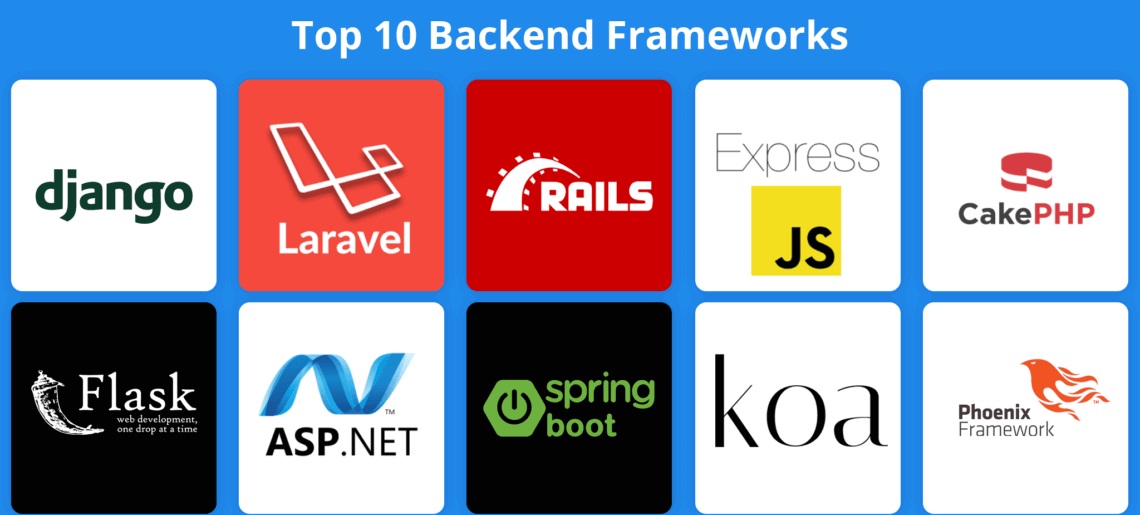











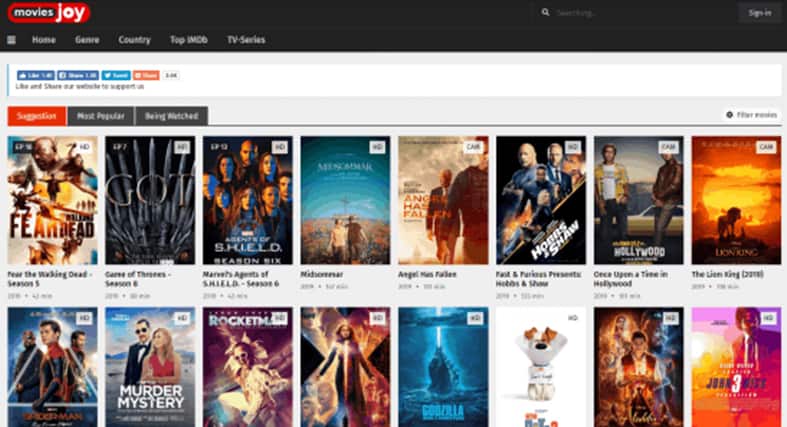
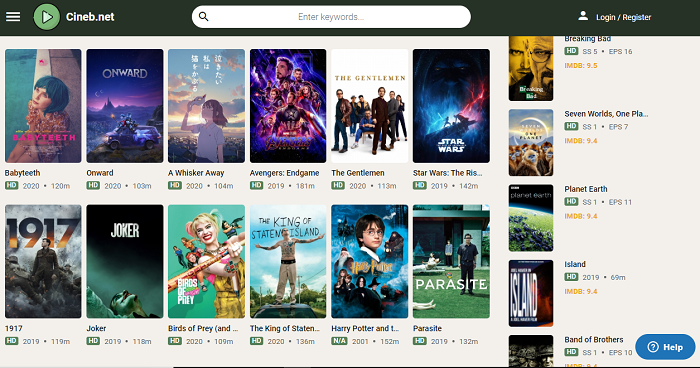
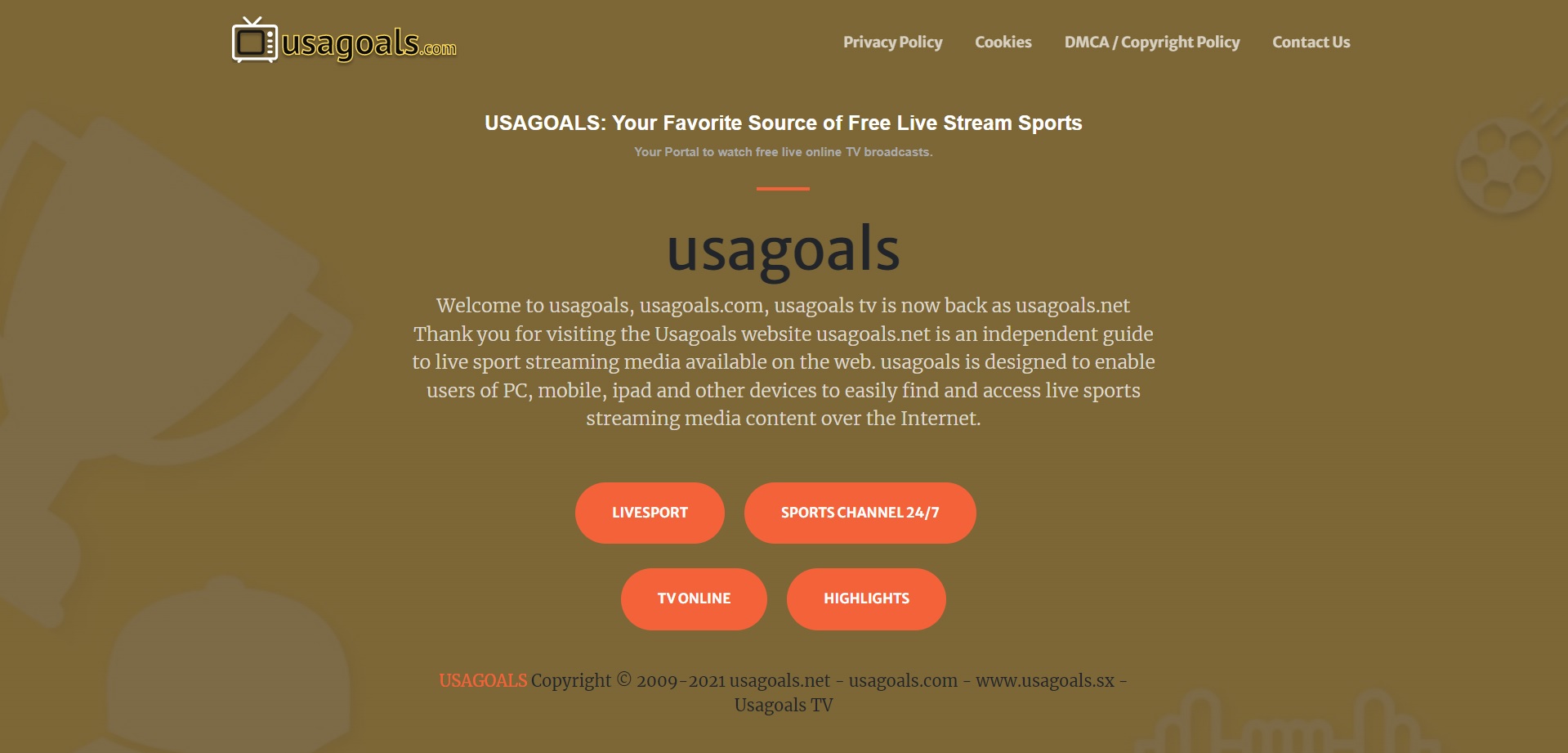

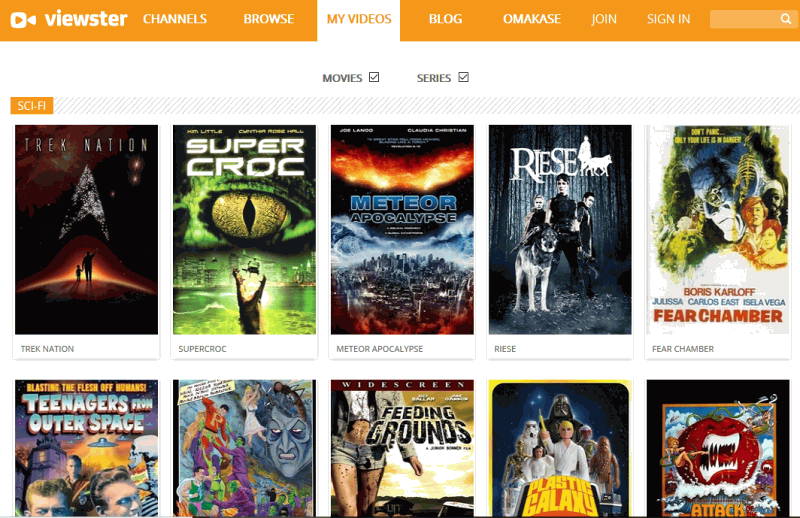
Add Comment